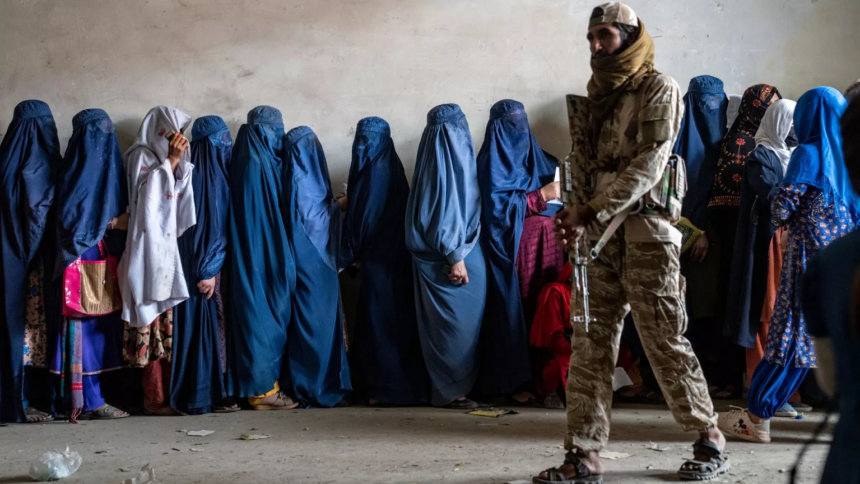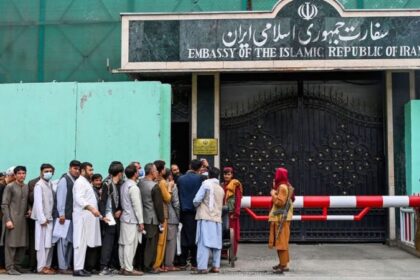RASC News Agency: The Taliban’s Ministry for the Promotion of Virtue and Prevention of Vice has dismissed a recent United Nations report documenting the abuse and harassment of women and girls returning to Afghanistan as “unrealistic, political, and irresponsible.” The ministry urged the UN to assess the situation of Afghanistani women “in accordance with Islamic values and the cultural sensitivities of Afghanistan” a familiar rhetorical shield the group has repeatedly invoked to justify its deeply repressive policies. In an audio message sent to media outlets and circulated on social media on Saturday, August 8, Saif al-Islam Khyber, the ministry’s spokesperson, claimed that the “rights of Afghanistani women are preserved under Islamic Sharia” and that the Taliban “guarantee their dignity and security.” Khyber alleged that the group had taken “practical steps” to prevent forced marriages, ensure payment of dowries and inheritance, and combat “harmful social traditions.” In a deflective move, he referenced the war in Gaza, calling on the UN to pay equal attention to what he described as the “massacre of women and children in Palestine,” suggesting without evidence that Western institutions are selectively concerned about women’s rights.
His remarks came just two days after UN Women issued a stark warning on August 6, reporting that female migrants returning to Taliban-controlled Afghanistan face acute dangers including extreme poverty, child marriage, harassment, and exploitation. The report underscored the combined pressures of economic collapse, climate-related challenges, and unprecedented restrictions against women and girls. Richard Bennett, the UN Special Rapporteur on human rights in Afghanistan, has previously described Taliban judicial and administrative decrees as amounting to “crimes against humanity.” Yet, the Taliban’s insistence that the UN evaluate women’s rights solely “through the lens of Sharia” represents a calculated diversion from the core issue: the regime’s systematic dismantling of women’s freedoms. Across the Islamic world, respected scholars and leading religious institutions have openly challenged the Taliban’s narrative, noting that its interpretation of “Islamic values” bears little resemblance to established jurisprudence or historical precedent. Even the Organisation of Islamic Cooperation (OIC) has repeatedly affirmed that policies such as banning girls from education, prohibiting women from working outside the home, and restricting their presence in public spaces have no legitimate grounding in Sharia.
Prominent Islamic scholars emphasise that Islam’s foundational principles uphold women’s rights to education, work, public participation, and human dignity. Centuries of Muslim civilisation from Andalusia to the Indian subcontinent offer countless examples of women serving as scholars, business leaders, educators, and public officials. By contrast, the Taliban’s governance model appears less an expression of religious orthodoxy than a deliberate political apparatus aimed at consolidating social control through gender apartheid. Ultimately, the group’s invocation of Sharia functions less as a theological commitment and more as a propaganda device an attempt to lend religious legitimacy to what is, in practice, a rigid system of authoritarian rule. This distortion of faith to mask political repression places Afghanistan’s women not under the protection of religion, but under the weight of a regime that has made their exclusion from public life a cornerstone of its power.






